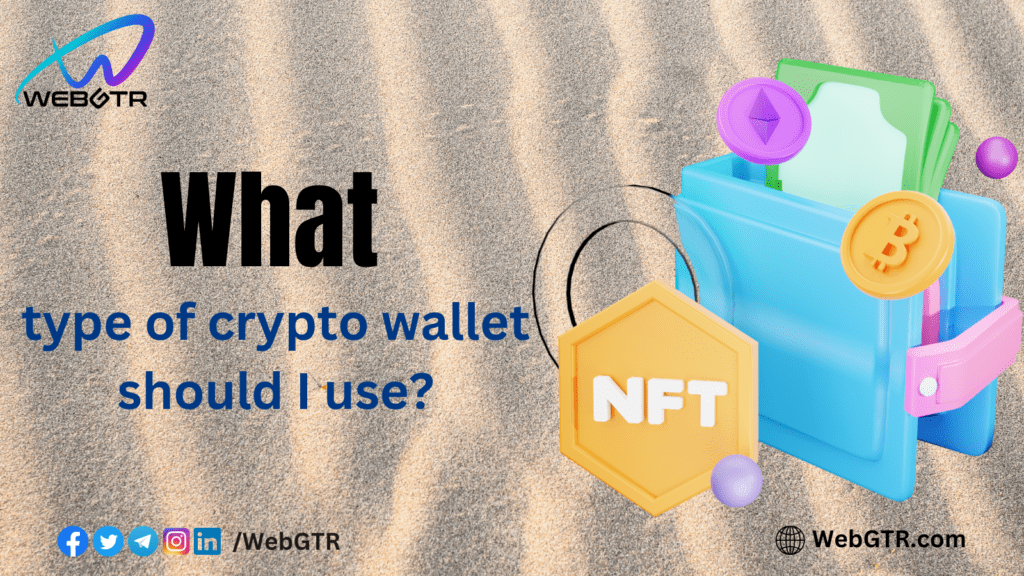
The choice of a crypto wallet should be based on your specific requirements. Factors like security, custodianship, and the ability to interact with smart contracts are crucial considerations. Additionally, if you prefer accessing your wallet from different devices, that should also be taken into account.
For browser extension wallets, options like MetaMask, MathWallet, and Binance Chain Wallet are reliable choices. If you prefer a mobile experience, MetaMask, MathWallet, Trust Wallet, and SafePal are available for both iOS and Android. These wallets are decentralized and store your private key on your device, ensuring enhanced security. SafePal, in particular, offers a cold storage hardware wallet, providing the highest level of security for those seeking added protection.
Apart from the hardware version, all the mentioned crypto wallets are free to use, making them accessible to a wide range of users. Ultimately, assessing your needs and understanding the features offered by each wallet will help you make the right decision for your cryptocurrency storage and management.
Types of Wallets
- Custodial – With custodial wallets, the wallet provider holds your private key, meaning you do not have full control over your wallet. This arrangement is typical in exchange wallets where your digital assets are stored. However, this may limit your ability to connect with decentralized applications (DApps). While a custodial wallet can be suitable for spot trading BSC tokens and other cryptocurrencies, it’s essential to exercise caution. Although it is safe to do so on reputable exchanges like Binance, it is not recommended to trust your funds with just any custodial wallet or exchange.
- Non-custodial – Non-custodial wallets provide you with ownership of your private keys, making them the safest option for most traders and investors, as long as they diligently safeguard their keys and seed phrases. The wallets we’ll cover later fall under the non-custodial category, allowing you to interact with DApps.
- Hot wallets – These wallets are online and connected to the internet, typically being non-custodial (unless provided by a centralized exchange). Hot wallets offer convenience for making transactions but come with inherent security risks. Your private key is stored online alongside your public key, usually protected by a user-set password. However, similar to any password-protected service, there’s a risk of hacking or phishing. To enhance security, it’s advisable to enable two-factor authentication (2FA) methods.
- Cold wallets – In this option, you store your private key offline using specialized hardware. Cold wallets represent the most secure way to hold your BSC tokens, but they can be impractical for making frequent transactions and interacting with DApps. While the security benefits are significant, cold wallets may be better suited for long-term storage and as a safeguard against potential online threats.
Looking for Blockchain Development, NFTs, Website Design, Token Creation, or Other services? Reach out to us at WebGTR. Let’s discuss and bring your vision to life.
Website | Twitter | Instagram | Telegram Official Group | WhatsApp


Leave a Reply